|
By Manuel Players: 1 Platforms: Nintendo Switch Not too long ago I reviewed an RPG called Rainbow Moon and mentioned that I would be playing its sequel, Rainbow Skies, very soon. Even though I had no prior experience with its original PlayStation Vita release, I was excited to play it simply due to me loving the first game as much as I did. It also helps that there is a far newer Nintendo Switch version that is something of a definite release. That version is what we're going to be looking at here today, and it's brought to us by way of publisher EastAsiaSoft. As much as I'd love to continue this intro, there really is a lot to cover, so let's just get straight to the review! Rainbow Skies places you in the world of Damion, a resident of the floating city Arca who is getting ready to finish his training to become a monster trainer. The final test serves as the game's tutorial, and also introduces you to your first party member, Layne. Through a series of mishaps, Damion must go into the control room that keeps Arca afloat, and he and Layne are transported to the surface of the planet Arca floats above when those plans also go awry. The planet below is known as Lunah, and it's occupied by people who despise those who float in the sky. One of the residents of Lunah is a magician-in-training named Ashly, who comes across the Arcan duo by chance. More misadventures see the trio bonded via a spell, and they set off to see if said spell can be undone. All the while Damion and Layne have to hide their Arcan origins, which is easy since no one really seems to pry all that deep into their pasts. The stakes don't sound very high so far, but the plot does open up after a while, and there are some world-changing events that transpire once the party is more acclimated to each other. I unfortunately have to start this review by stating that the Rainbow Skies story is its weakest part. It is an improvement over Rainbow Skies, but that really isn't saying too much. The plot is rather thin, especially in the first section of the game, but I have to say that the characters themselves are a lot more fleshed out this time around. The first game gave you companions that seemed to join for no reason beyond the game wanting to give them to you, but here each party member has a personality of their own, and their own goals in the main journey. Also, the humor that made the first game so great is back and better than ever. The jokes don't always land, but it's clear that the game isn't taking itself too seriously as far as its writing goes. This could obviously be a bad thing if played the wrong way, but I think it works here. I found myself laughing at a lot of the random dialogue, and everything in the world just felt real thanks to this more comedic approach. The silliness even extends to the tutorials, and I was always glad to see them because I knew they would be funny no matter what new gameplay mechanic they were trying to explain. It may not be perfect all around, but Rainbow Skies doesn’t do too badly at the end of the day in the writing department. With that out of the way, let's move on to gameplay. The simplest route a sequel can take is to strive to improve upon elements of the game that came before it, while walking a careful line so as to not deviate from things that were loved about the original. Rainbow Skies takes that idea to heart, and gives fans of Rainbow Moon something that is the same yet better in just about every way. This is an RPG that focuses more on stat-based gameplay, combat, and dungeon exploration, while not caring too much about being the most immersive when it comes to story or originality. That might sound like a bad thing as far as the genre is concerned, but this is a game that relies more on crafting characters, and seeing their skills and stats climb into the stratosphere, rather than delivering an experience that will rival AAA RPGs. It may sound like I'm being a bit hard on the game early on, but I think that this is a title that most people are going to either love or hate. If you're someone who prefers games that reveal of its cards early on, and have a story that is as epic as it is convoluted, then this isn't the game for you. On the other hand, if you're someone who likes the grind of old school RPGs, and also loves to have new gameplay mechanics constantly be introduced to you, then you're going to have a lot of fun here. I'm going to get more in depth regarding gameplay in just a bit, but it's best to know now what we're about to get into. I'll get the negatives out of the way first, since I don't think that there's all too many of them. Gameplay may the focus here, but Rainbow Skies does drop the ball a bit when it comes to overworld exploration. Lunah may be big, but there's not a whole lot to see that feels unique or stands out. It also doesn't help that the maps are constructed in a way where you'll have to follow paths that seem wind about back and forth needlessly, and have entire sections blocked off in the strangest of ways. This is one of those games where a single bush will block the path to a treasure, and you'll just have to find a path all the way around it if you want to get at it. This was a problem in Rainbow Moon too, and I do think the developers were aware of it. Their changes weren't enough to make it better though in this case. This time around map progression gives you rewards based on the percentage you've visited, though these rewards don't really match the tediousness of the exploration itself. Things fare a bit better when it comes to dungeons, but that's mainly due to the fact that they're self-contained spaces that often have unique stage elements all their own. You'll be flipping switches, unlocking doors, and finding lots of hidden treasures. That may not sound like anything too out of the ordinary, but I never once felt like the dungeons were a chore to complete. Speaking of dungeons, I'm pleased to report that torches aren't as necessary as they were in the first game. Lighting a torch in-game will grant better visibility, but you're more than able to explore with ease without using them. Part of me wishes they'd done away with this wonky lighting mechanic entirely, but I guess this improvement is better than none at all. Combat is the next thing we're going to go over, and I think it's what makes Rainbow Skies so great. Battles can occur randomly on the field, or via scripted encounters with monsters that you can see on-screen. The latter battles will disappear once you've cleared them, but they will return after a few in-game days. One engaged in battle, you'll move to a grid layout not dissimilar to an SRPG like Fire Emblem or Final Fantasy Tactics. The big difference between those games and this one is that your party will only ever be made up of three characters. You'll still have to maneuver your party to perform certain attacks, or to evade enemies that might surround you, but don't come in expecting a full on tactical experience. I made the comparison to Rhapsody: A Musical Adventure the first time around, and I think that still fits here. These battles start out simple enough, but grow more complex as you go on. This is due to the fact that levelling up grants you the ability to perform more actions during each turn, and skills themselves will change the course of battle once you've acquired them. Skills are a little more annoying to use though, since they often require enemies to be in the strangest of formations for them to be effective. If you find combat a bit too easy, there are also ways to increase the difficulty through menus, but I personally found the default setting to be fine. This is a grindy game no matter how you cut it, and I personally didn't want to spend extra hours working towards what are essentially the same goals. Besides, combat seems far more balanced this time around, with the progression of difficulty hitting a sweet spot that's rarely found in games as complex as this one. The other part of Rainbow Skies that that I feel is vastly superior to the first game is character and party progression. All the systems from the first game return here, but are far more refined. Levelling up not only grants you the standard stat increases, but it also opens up optional stat bonuses that you can use in-game currency to fill in. This means you can round out weaker characters so they can pull their weight in combat, or you can simply aim to make a party of all-powerful warriors. There's also plenty of items that increase stats both permanently and temporarily, as well as items that increase your inventory size. Skills books also return, and these operate pretty much as they did in Rainbow Moon. The only real difference worth noting this time is that the food and hunger mechanic has been greatly nerfed, though keeping your party well-fed does increase their offensive capabilities. I didn't really care for hunger in the first game, so I didn't miss it not being a focus here. Characters aside, there's also a crafting system that uses materials dropped by defeated monsters to increase the bonuses weapons and armor provide, and plenty of other smaller mechanics that are far too numerous to explain here. The game doesn't exactly let you make insanely strong heroes right out the gate like Rainbow Moon did, but it once again feels like the developers worked hard to make the experience feel fair and optimized. There are also some special options that exist only in the Switch version that allow you speed up progression altogether by giving you more experience and item drops. Turning these on doesn't break the game either, they simply allow you to progress without needing to spend as much time grinding away. I've used the term many times already, but you probably get the point by now that Rainbow Skies is a grind-heavy game. Even though it borrows heavily from the tropes and mechanics found in JRPGs, it reminds me more of CRPGs of old like Wizardry or Might and Magic. This is a game that puts gameplay itself above all else, and it's a formula that I think is something of an acquired taste. I grew up playing plenty of grind-heavy, stat-based CRPGs, so I had a blast watching my party's stats grow and grow. I will admit that I'm basically saying that much of the fun is doled out by encouraging players to be happy whenever the numbers go up, but I also don't think that there's anything necessarily wrong with that. There's also a complexity to everything that just feels right. The game constantly throws new things at you, and you'll still be given new tutorials halfway into the game. Each new mechanic builds on what came before, and it somehow manages to never feel bloated or confusing. Having said all of this, I do have to admit that this means that Rainbow Skies isn't exactly the most modern-feeling game out there. This is a game that will only appeal to a specific type of RPG enthusiast, and I don't think that specific audience is all that big. Going along with the theme, Rainbow Skies' presentation is quite similar to the first game, while still surpassing it in every way. The graphics sort of look like they belong to an indie PS3 game, but there's a charm to them that's undeniable. The models and environments aren't exactly impressive, but they have a colorful smoothness to them that reminds me of toys. I used the Link's Awakening remake comparison the first time around, and it still holds true here. While not as pronounced, there's a diorama look to everything that doesn't feel accidental. There is a blandness to the locations and character designs, but the monster designs make it for that a bit. There's also some 3D cutscenes this time around too, though they do have a bit of a dated look to them. The music is great too, and I'm of the mind that the soundtrack is of a quality above much of the rest of the game. I wouldn't go so far as to compare it to the best the genre has to offer, but it's a collection of music I wouldn't object to listening to outside of playing the game. It's not a smash home run, but Rainbow Skies nailed the presentation side of things. If you're looking for a game to fill up a long week, then Rainbow Skies is the game for you. This is very easily a 50+ hour game, and that's just if you want to reach the end. You can very easily play well beyond that if you want to see everything the game has to offer, and I'm talking over 100 hours or so. I am far from that point as of now, but I'm at the point where I can easily judge how much more there is to see. As I stated earlier, this game keeps throwing new things at you, and the stakes stay high even if you're going for the grind. There's a lot to see in game, and tons of optional and secret content that I won't spoil here. It also moves far more quickly than the first game, and you won't feel like you're stuck in a small area nearly as often this time around. Besides all of that, you can also increase your game time by going for challenge runs. You can raise the difficulty to the highest, or you can try to max out your characters stats and abilities. I'm not even sure the latter is possible, but it would take dozens of hours to complete if it were. There's almost too much game here, and it stays fresh for quite a while. Considering that you can get what is essentially the definitive version of the game for only $19.99, picking it up almost seems like a no brainer. I'll be the first to admit that Rainbow Skies isn't going to appeal to everyone, I'm also of the mind that it should be played by as many people as possible. Rainbow Moon achieved something of a cult status thanks to releasing in a time where digital games were somewhat of a novelty, and where SRPGs of any type were snatched up by gamers craving more of a then-overlooked sub-genre. Rainbow Skies on the other hand has the misfortune of being released during a time where neither of those factors are still a thing. I'm really not surprised that it flew under my radar until now, as I've spoken to other Rainbow Moon fans who didn't even know it had a sequel. Seeing as this one improves on just about everything from the first game, I'd obviously advise picking it up now if you're already a fan. You can't really go wrong with this one, and the only people I'd suggest stay away would be those who want their RPGs full of epic story and exploration, or those that don't like RPGs at all. Everyone else will most likely find something to enjoy here, and that's often all you really need. Grab it now, and get to grinding! On that note, I'm going to wrap this up, and get back to the grind myself. See you in the next one! Check Out Rainbow Skies on Nintendo Switch: https://www.nintendo.com/us/store/products/rainbow-skies-switch/ Story: B Gameplay: A Graphics: A Music/Sound: A Value: A Overall: A Pros: + A unique RPG that mixes in dungeon crawling exploration, and SRPG-style combat. + Improves on the original game in just about every way. If you were a fan of Rainbow Moon, then you're going to want to play this one now. + Though the story is a bit on the weak side, the humorous writing more than makes up for it. It's not easy to make tutorials fun, but this game pulls it off. + Gameplay is king here, and this is the perfect game for those who like to see stats and numbers go up. + This game is full of content. It can easily take 50+ hours to beat the game, and well over 100 to see everything. + Comes in at a very reasonable price for what is essentially the definitive way to play the game. Cons: - This isn't a game for those who like their RPGs to have strong stories or exploration mechanics. - Though this game isn't nearly as grind-heavy as the first, it's still a strong focus. Those who aren't a fan of such things might not have much fun here. - While I found the graphics and music to be both charming and good, they're still both far from the best the genre has to offer. - Those expecting a AAA RPG experience will be disappointed, as this one is about as indie as it gets. A copy of this game was provided to us free-of-charge by the publisher for the purpose of this review. This did not affect our review in any way.
0 Comments
Leave a Reply. |
Search
Contributors◆ Angie
◆ Emily ◆ J.D. ◆ Janette ◆ JT ◆ Manuel ◆ Nestor ◆ Rose ◆ Sylvia ◆ Teepu ◆ Tiffany ◆ Winfield Archives
July 2025
|
© 2014-2025 A-to-J Connections. All Rights Reserved.


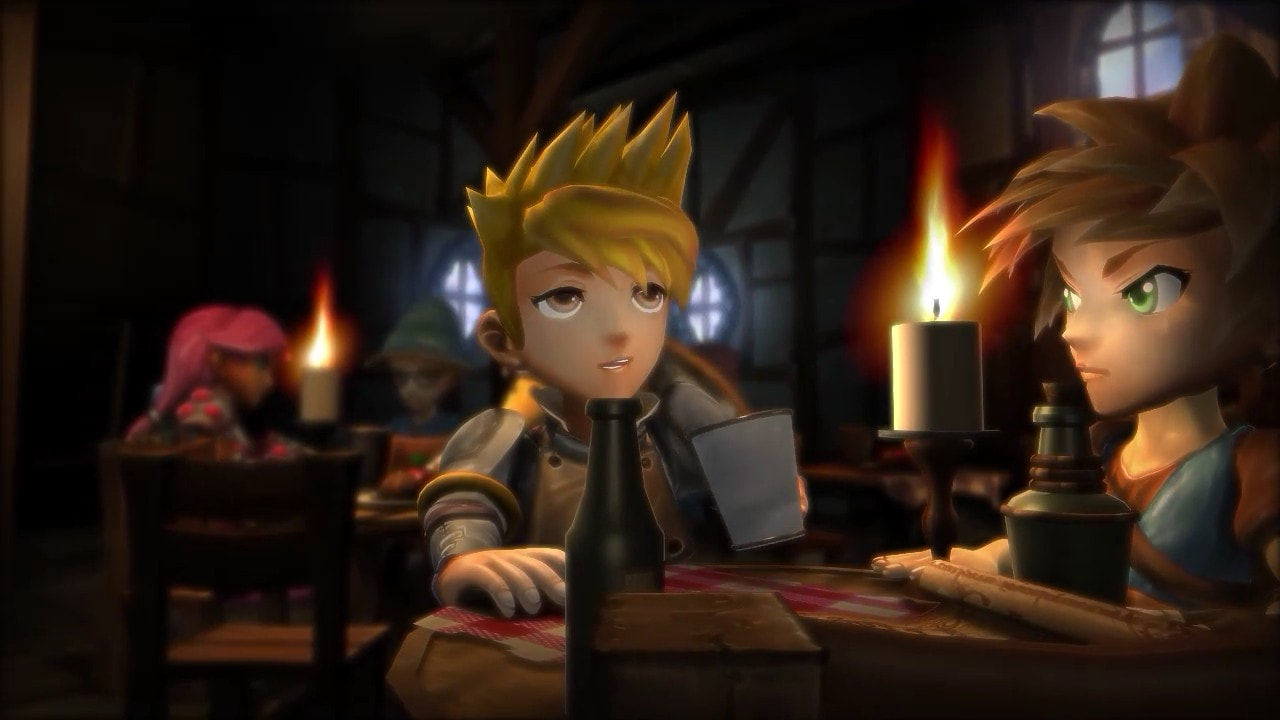
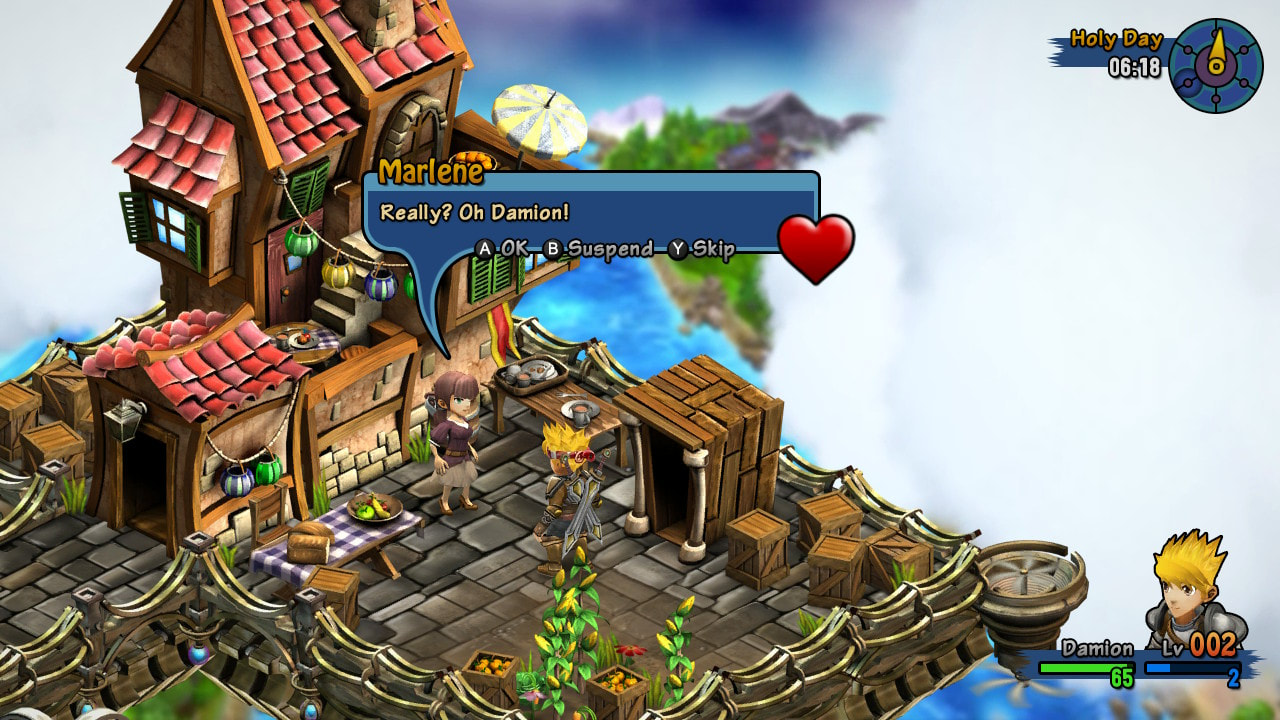
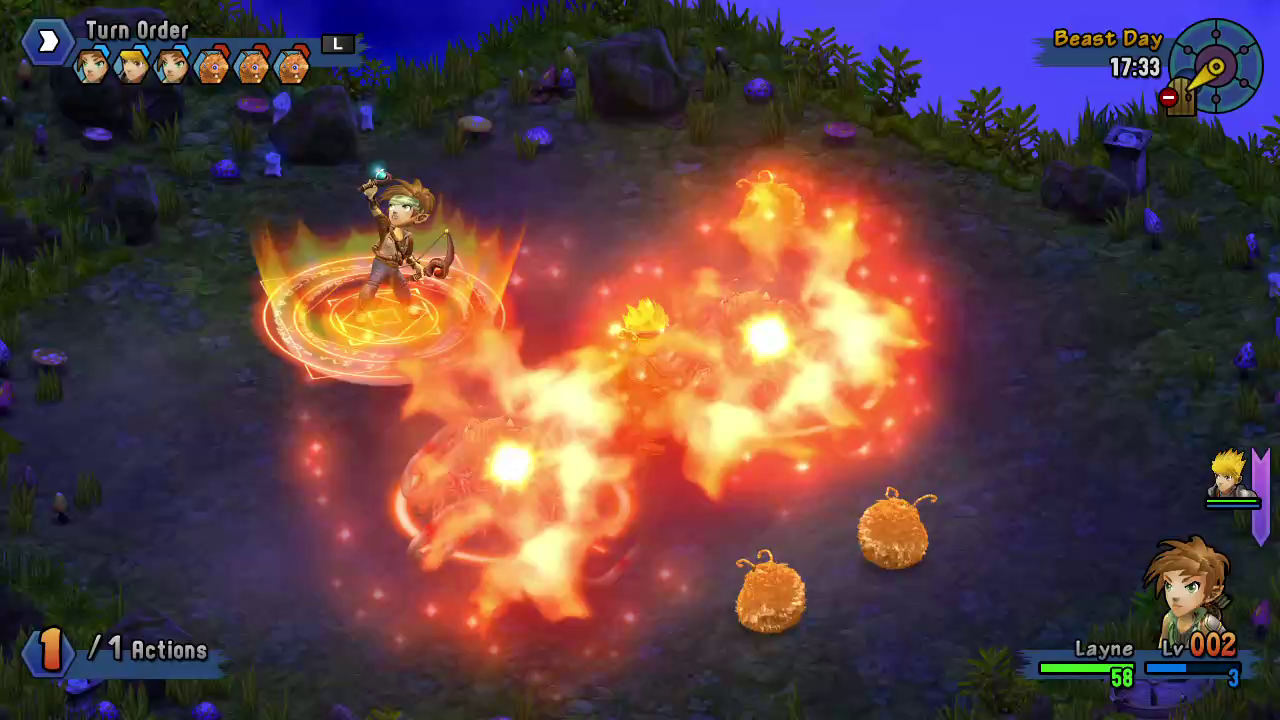
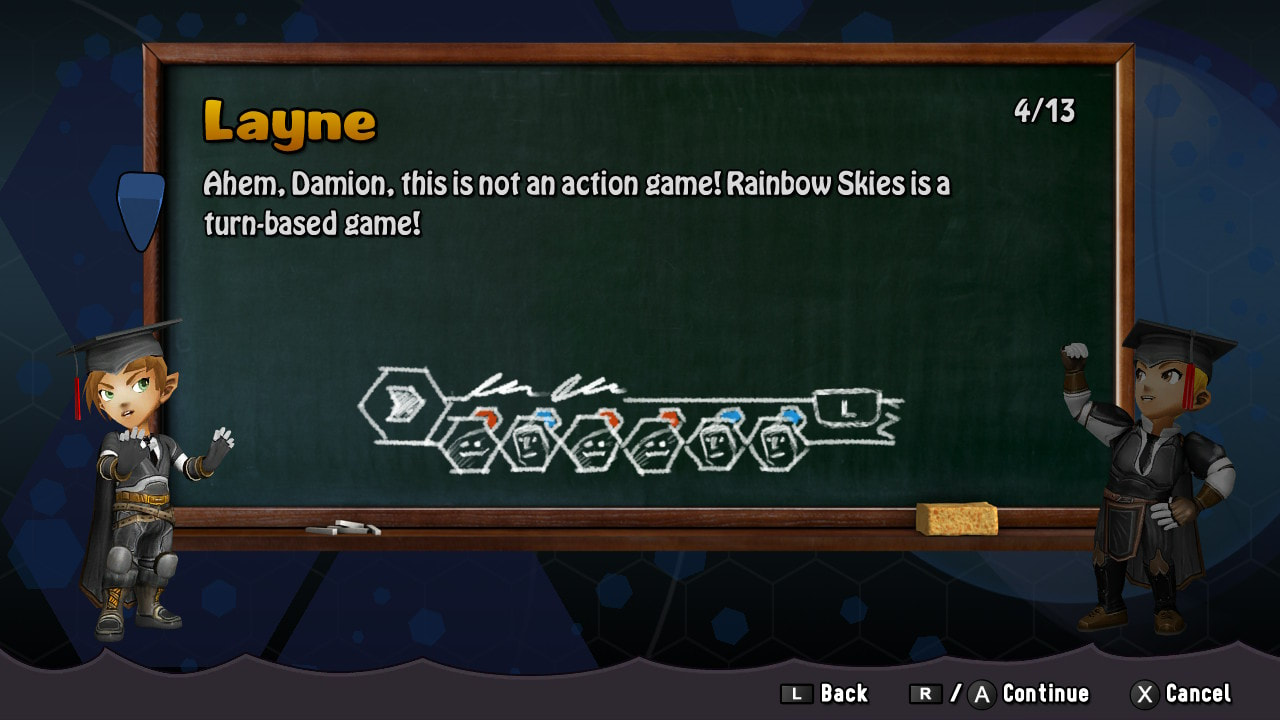
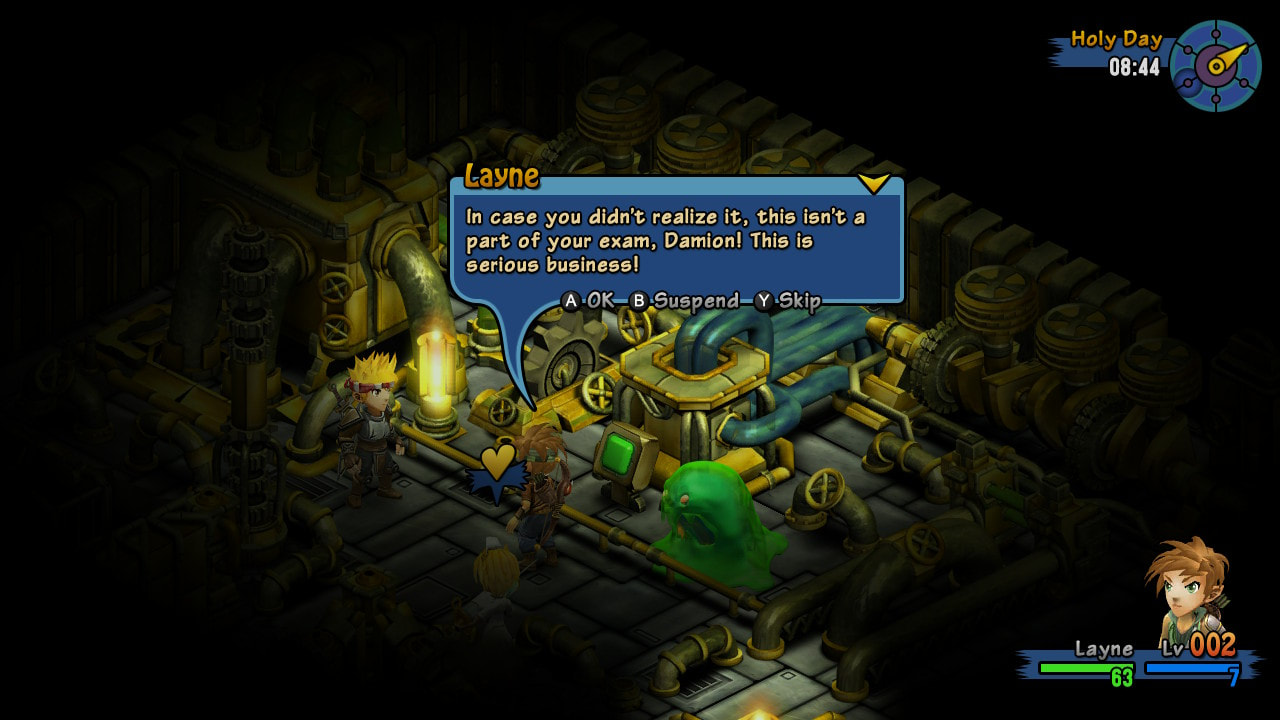
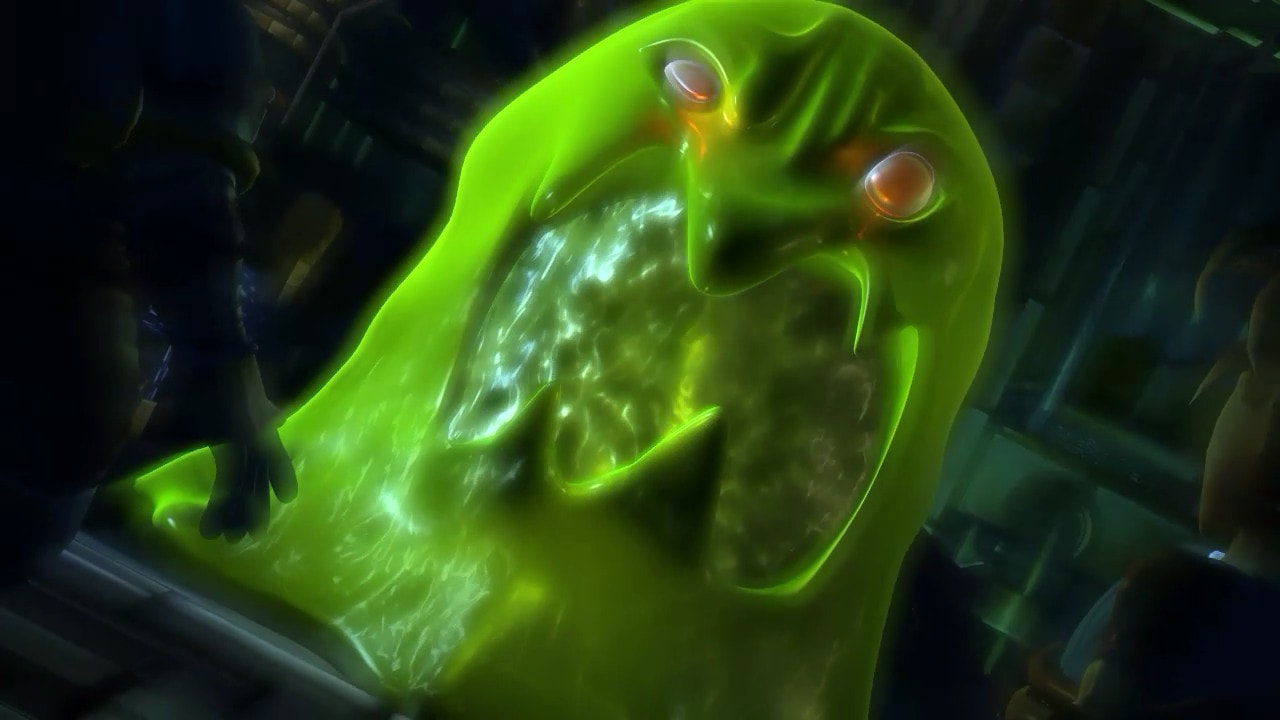
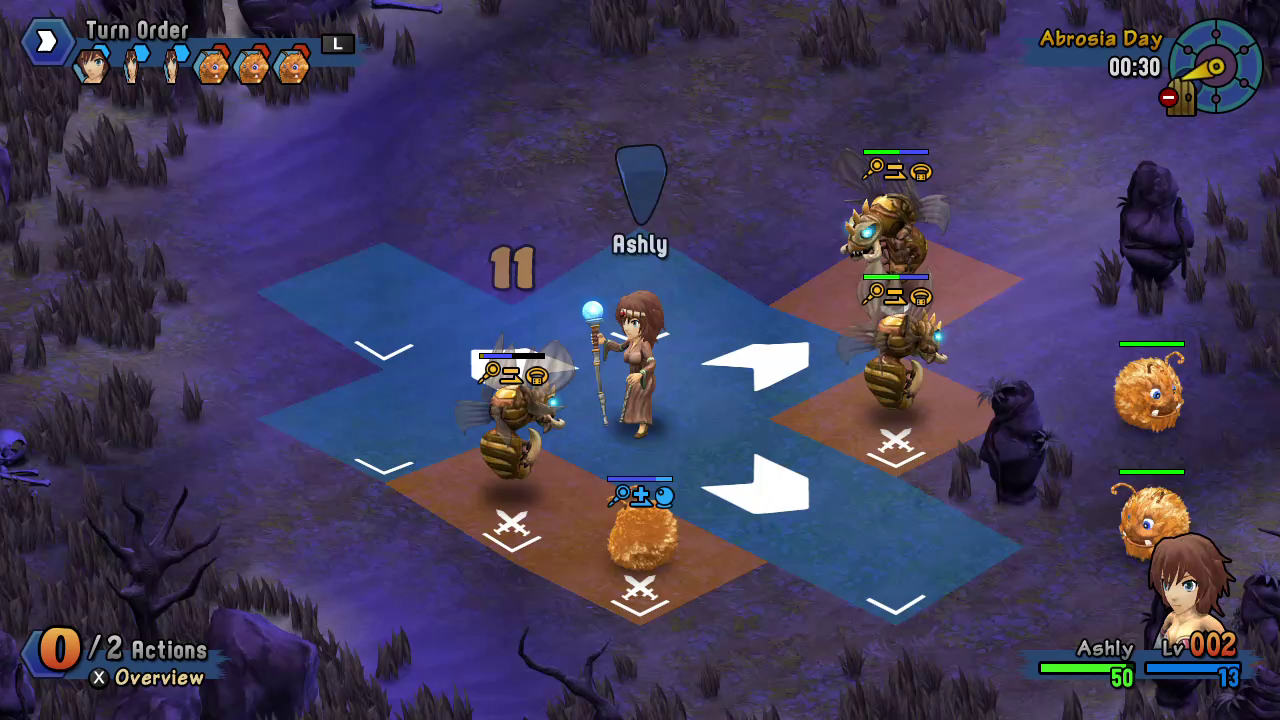
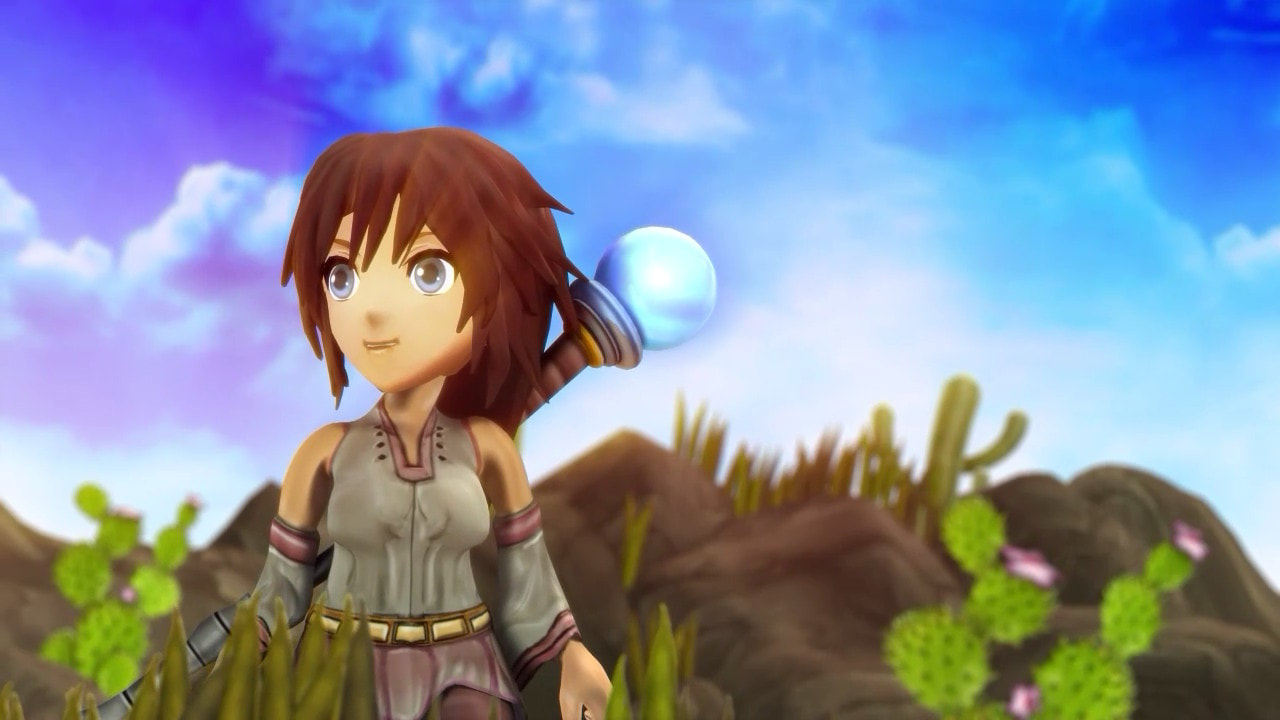
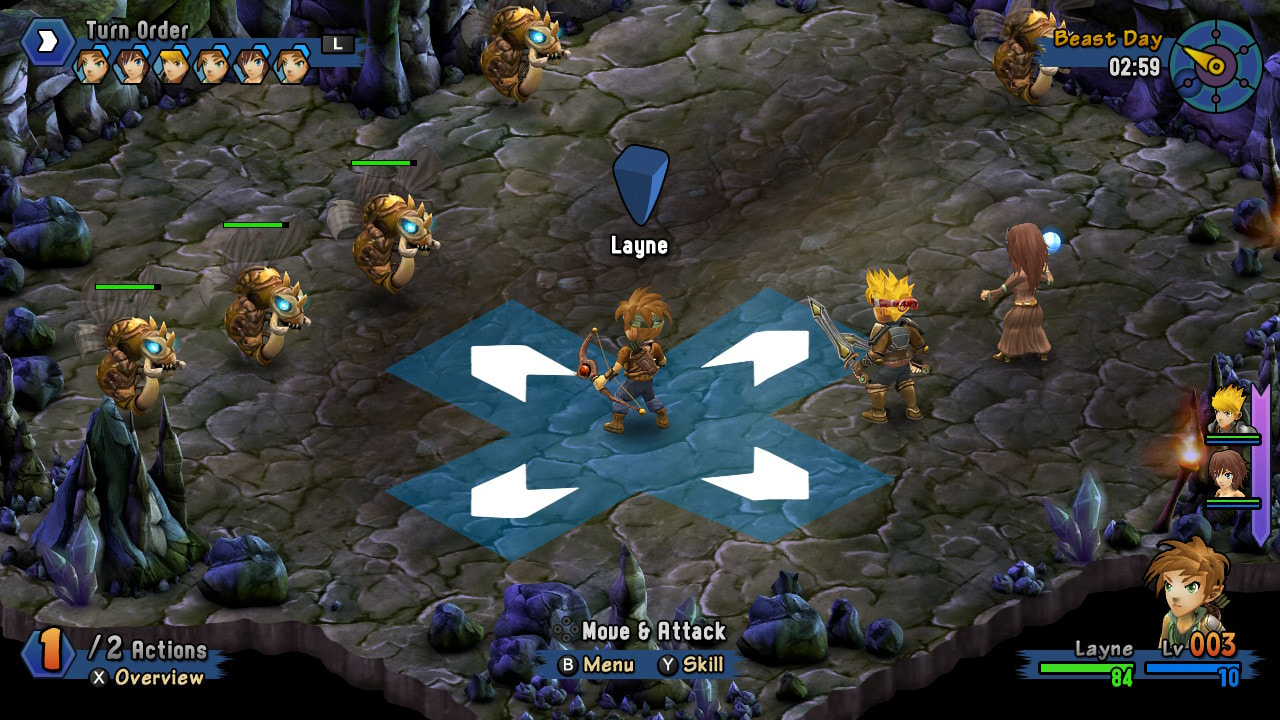
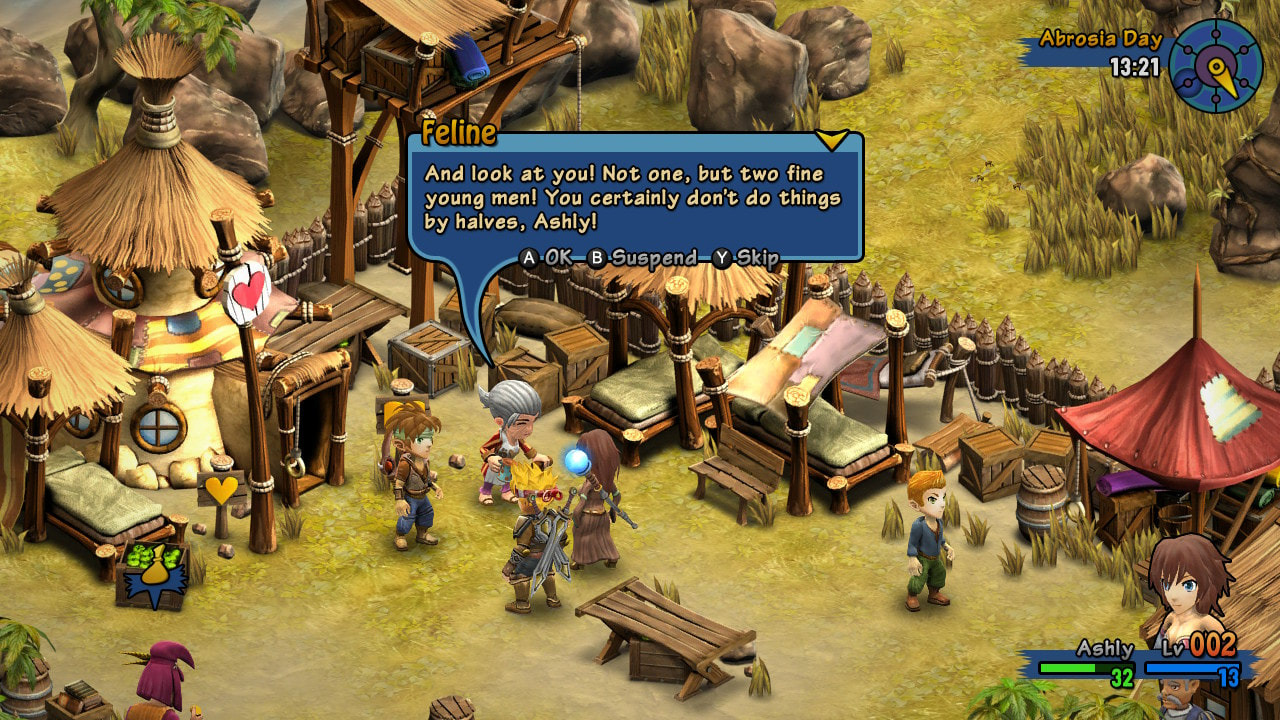
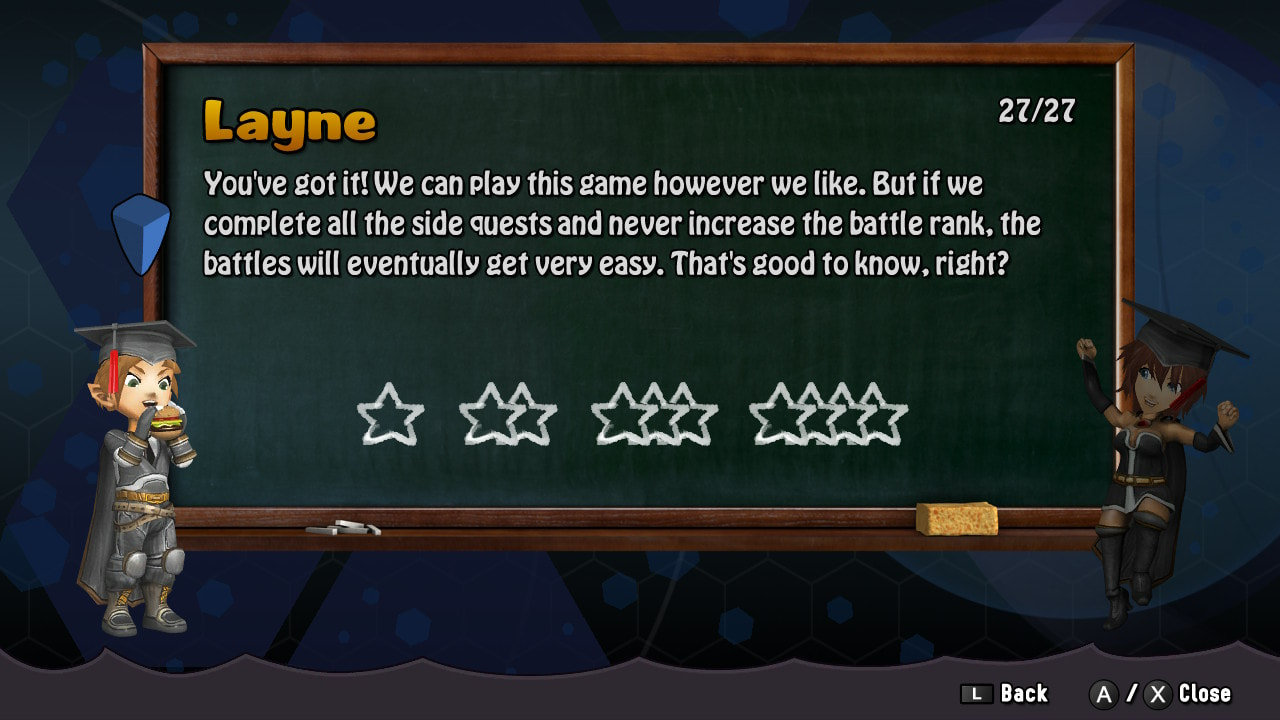
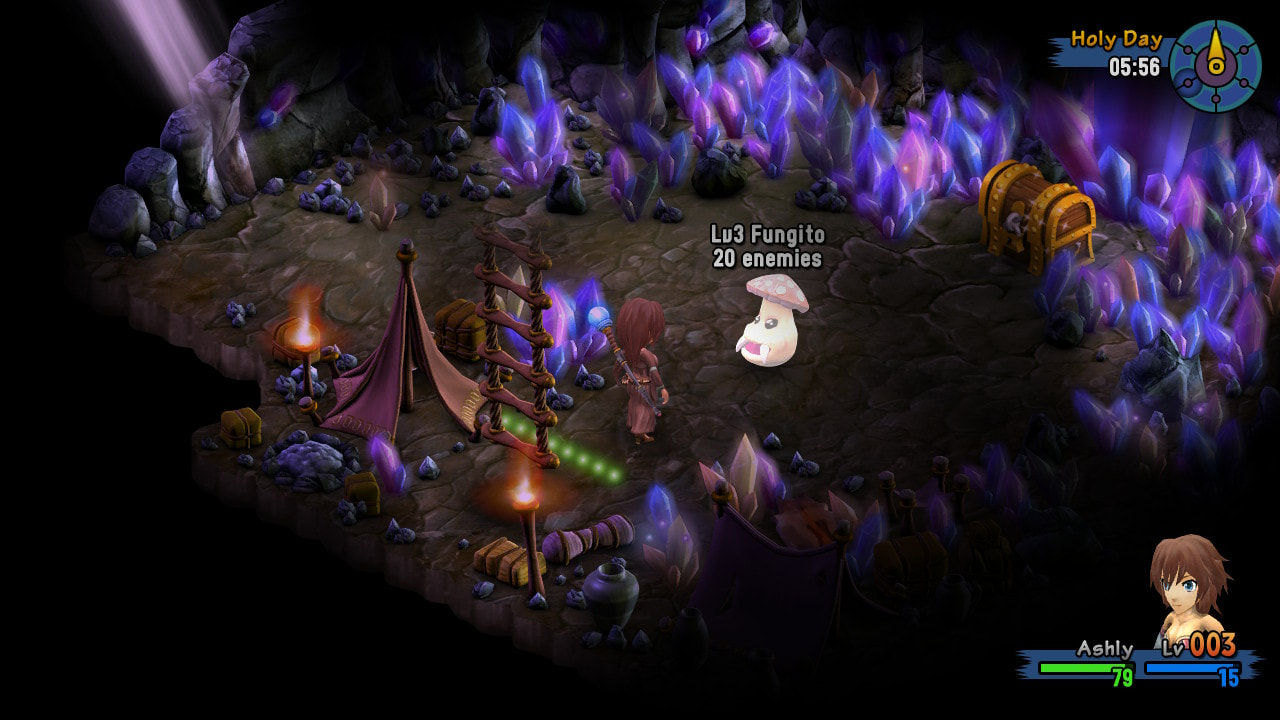
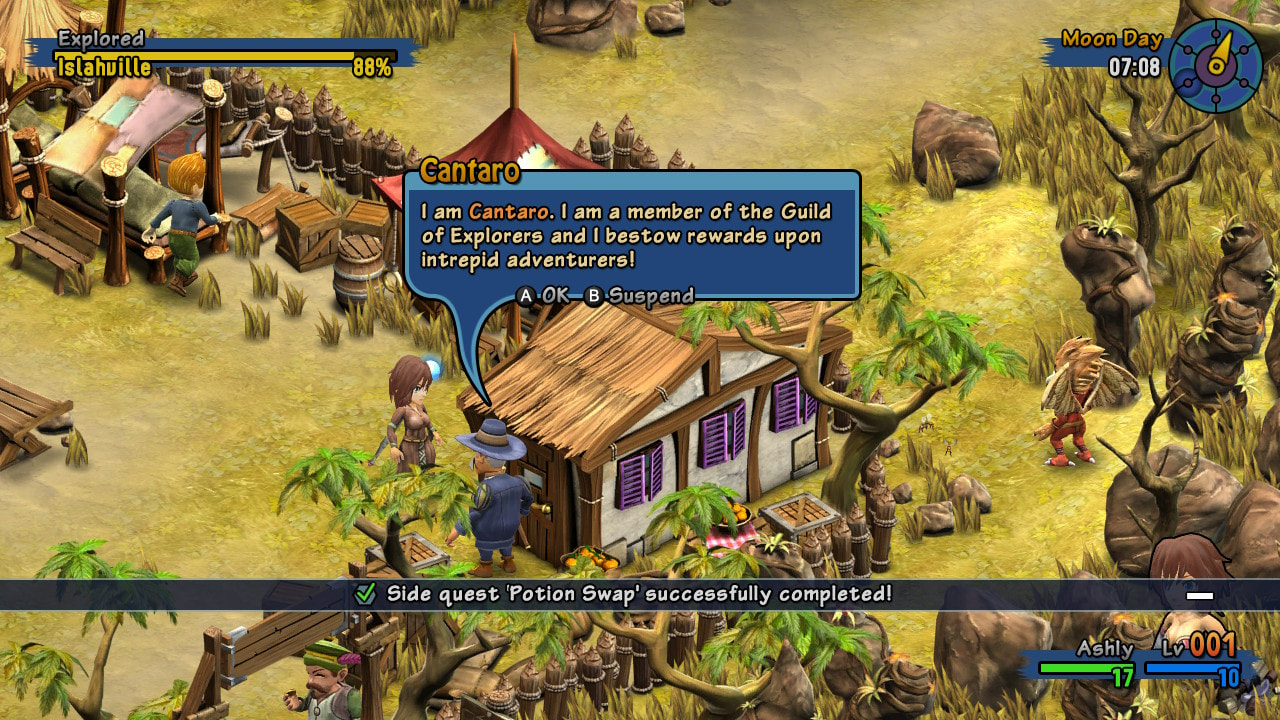
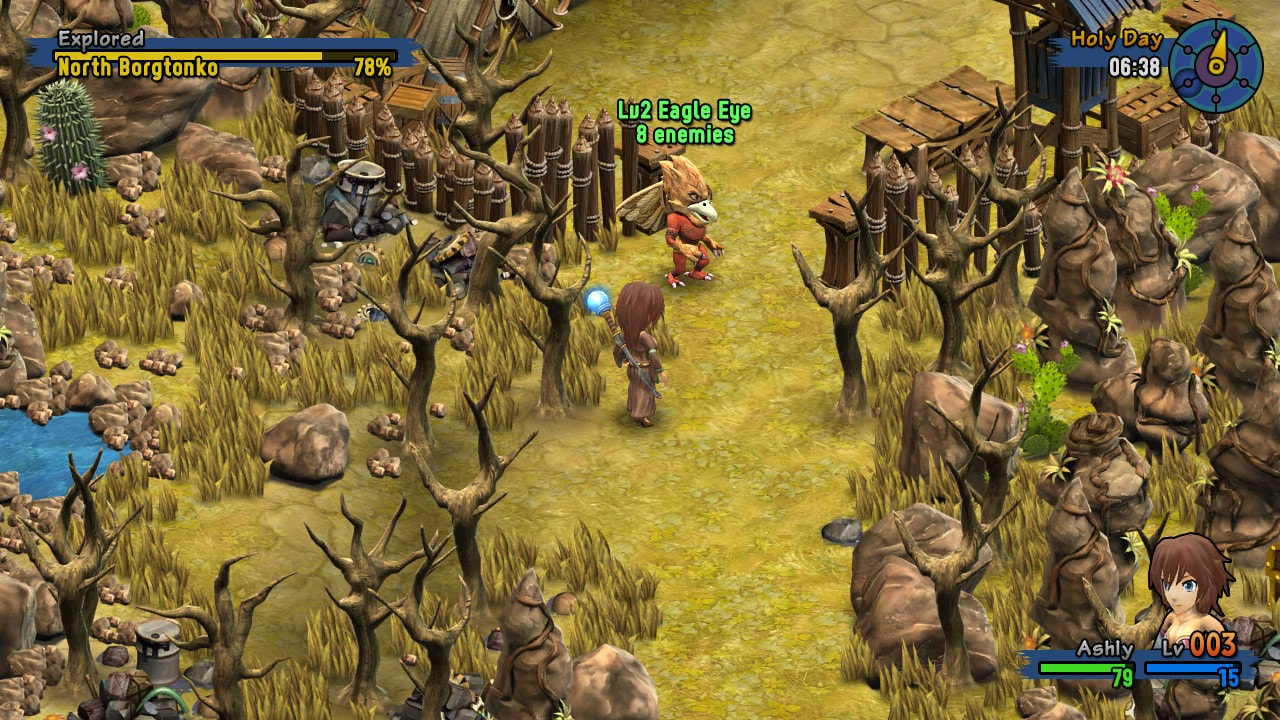
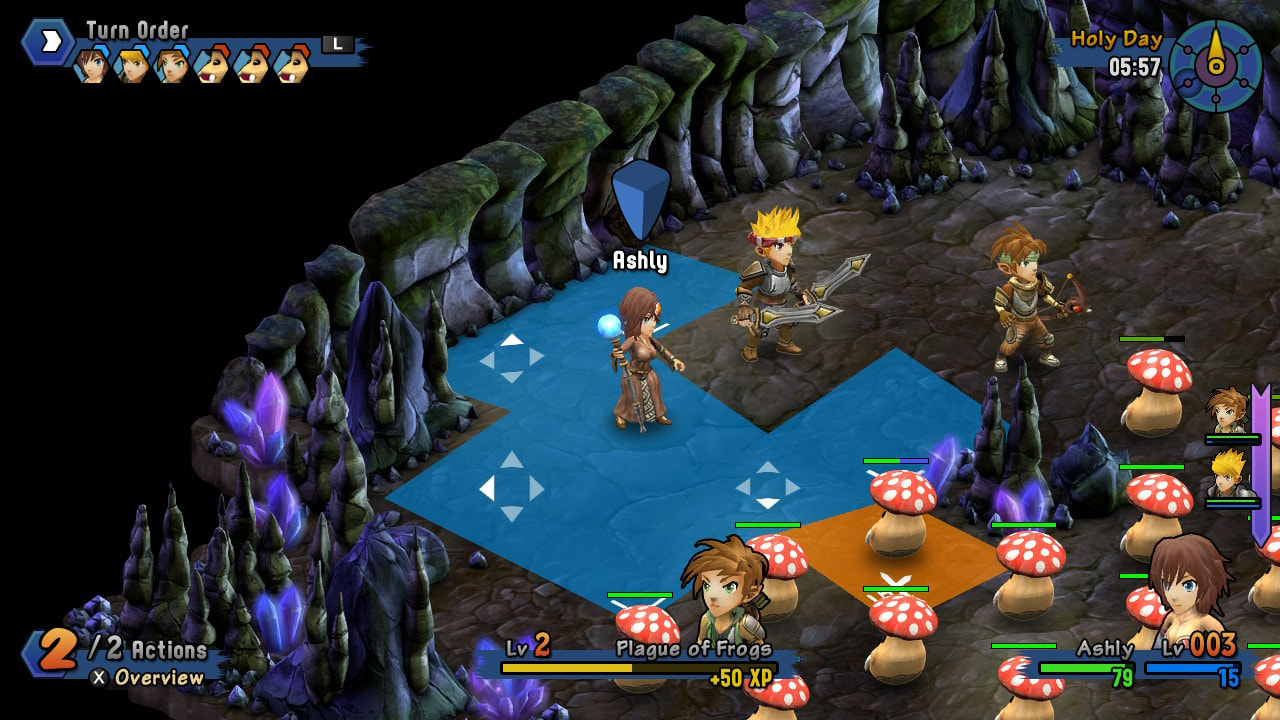
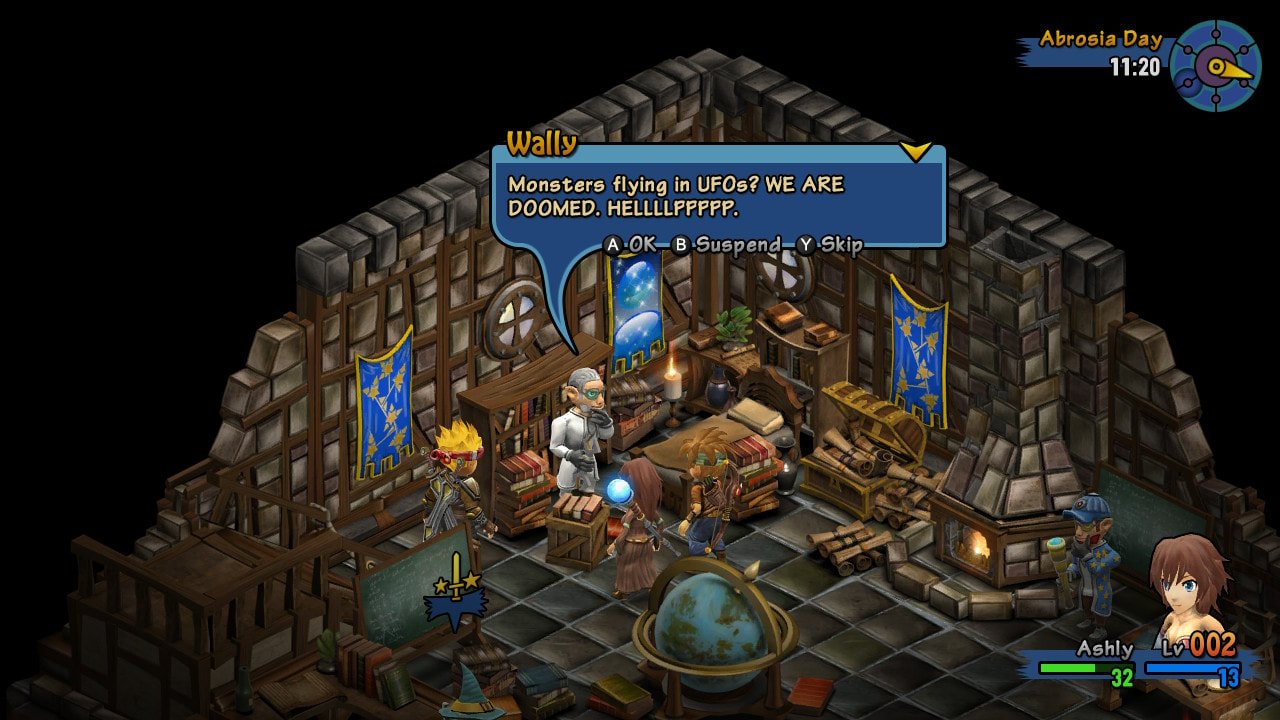
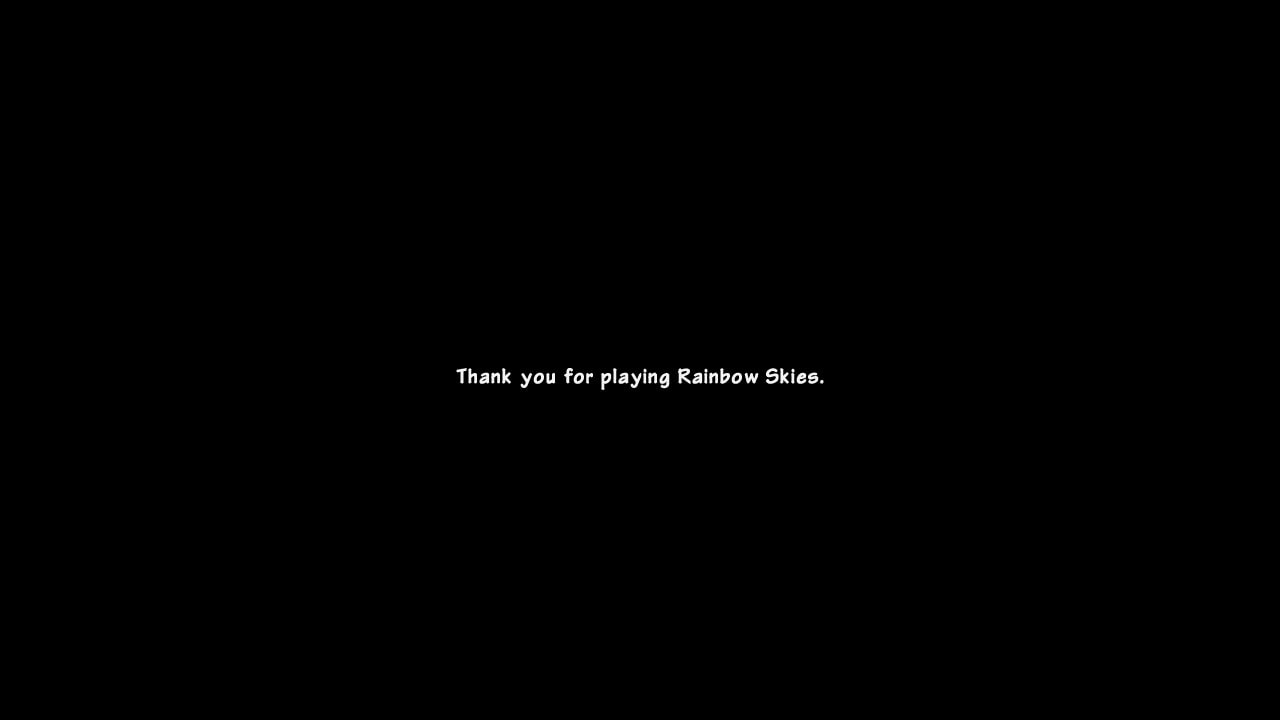

 RSS Feed
RSS Feed